Learn which organic baby foods are the most flavorful, affordable, and easy to serve to baby. I’ll share options low in heavy metals, plus storage tips and organic baby food recipes, too.
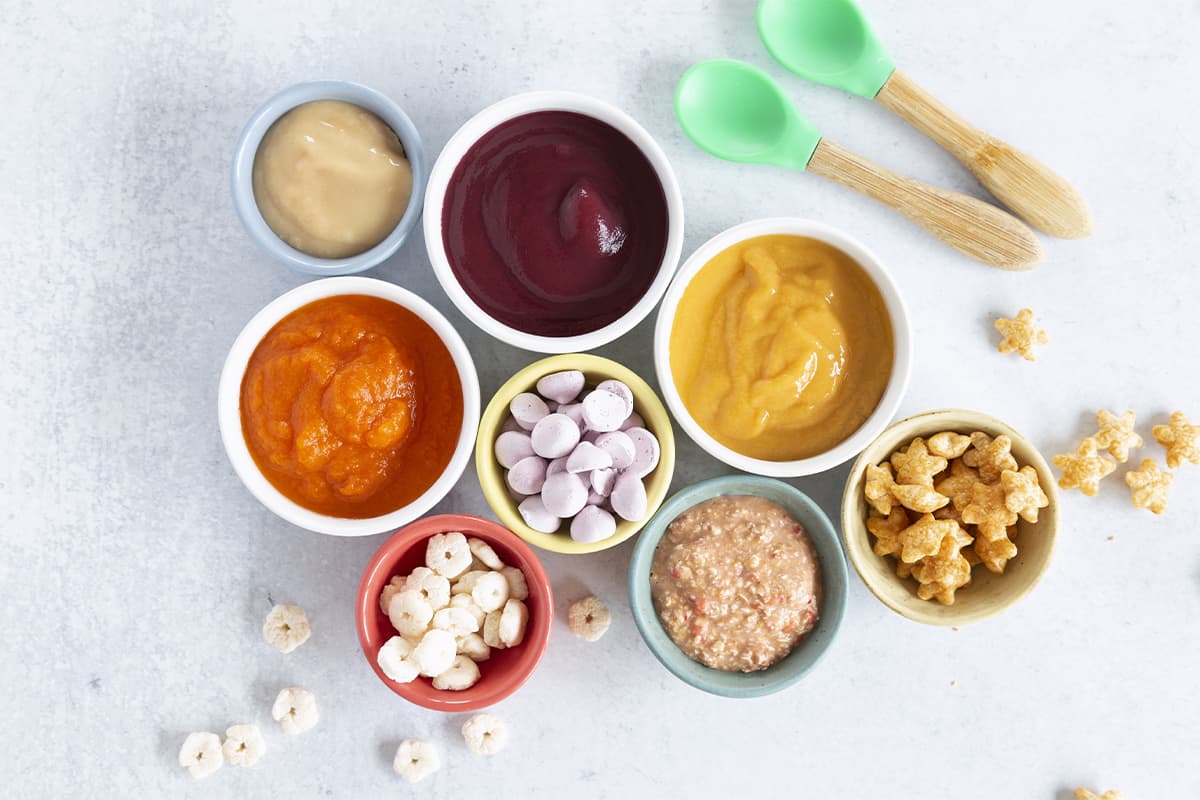
Organic Baby Food
There can be so much pressure on all of us to feed baby the “right” foods from the start, and my goal with this post is to take some of the confusion out of it by vetting the top organic baby food brands for you.
I will cover everything from the best, most transparent baby food brands to money saving tips, storage tips, and even easy homemade recipes to try. Use the TOC below to skip right to the section you’re most interested in, or scroll down to read all the information.
And remember: There’s no one “right” way to feed a baby. There is a lot of nuance and variation that is normal and understandable since we each have our own unique contexts. I am a big believer in choosing a wide range of foods, whether organic, local, conventional, fresh, or frozen, and that fed is always best.
Table of Contents
Organic Baby Food Brands
Below are some of the top organic baby food brands currently on the market. (Many of these are available in grocery stores and big-box stores, but some are only available directly on the brand’s website.)
All of these brands make organic Stage 1 baby foods, plus additional stages with mixed foods and textures. And some even do finger foods, too.
- Cerebelly: This company was founded by a neurosurgeon and focuses on including nutrients that support baby’s brain development and growth. Their flavors are just yummy, too, and they have organic purees and snack bars for toddlers.
- Happy Family Organics Clearly Crafted Line: The multi-grain cereals in this line are nice organic options, and they’re fortified with iron (which babies need), too.
- Amara Organic Baby Food: We love this line of baby food since it comes in packets (less waste) and it has more texture than most other baby foods—so it feels more like homemade baby food in baby’s mouth.
- Yumi Baby Food: Yumi is a certified organic mail-order company that has a broad range of textures and flavors, as well as fun partnerships with chefs. They deliver weekly.
- Little Spoon: This baby food company is delivered to your door. They make pouches that are similar to what you’d make at home (only you don’t have to make them!) that need to be stored in the fridge or freezer. And you can choose Stage 1, 2, or 3 and up according to where your baby is in their solid-food journey.
- Beech-Nut: This classic company makes an organic line of jars of single-ingredient baby foods as well as pouches, melts, and snack bars for older babies. They are widely available in grocery stores and are often well-priced.
- Earth’s Best Organics: This organic baby food company is a staple in the baby food aisle. We like their multi-grain cereal and savory pouches.
- Sprout Organics: We like the flavor blends from this organic baby food brand. They also make pouches, snacks, full meals, and smoothies.
- Serenity Kids: This is an option if you’re looking for grain-free baby foods as they have many savory options that are nutrient-dense—and include flavors and ingredients that are less common in baby food (such as bison!).
- Gerber: This widely available classic has an organic line. I prefer their multi-grain cereals to the rice-based ones, as they naturally tend to have lower risk for heavy metals. (They make organic and conventional versions, which are nutritionally similar but may differ in price.)
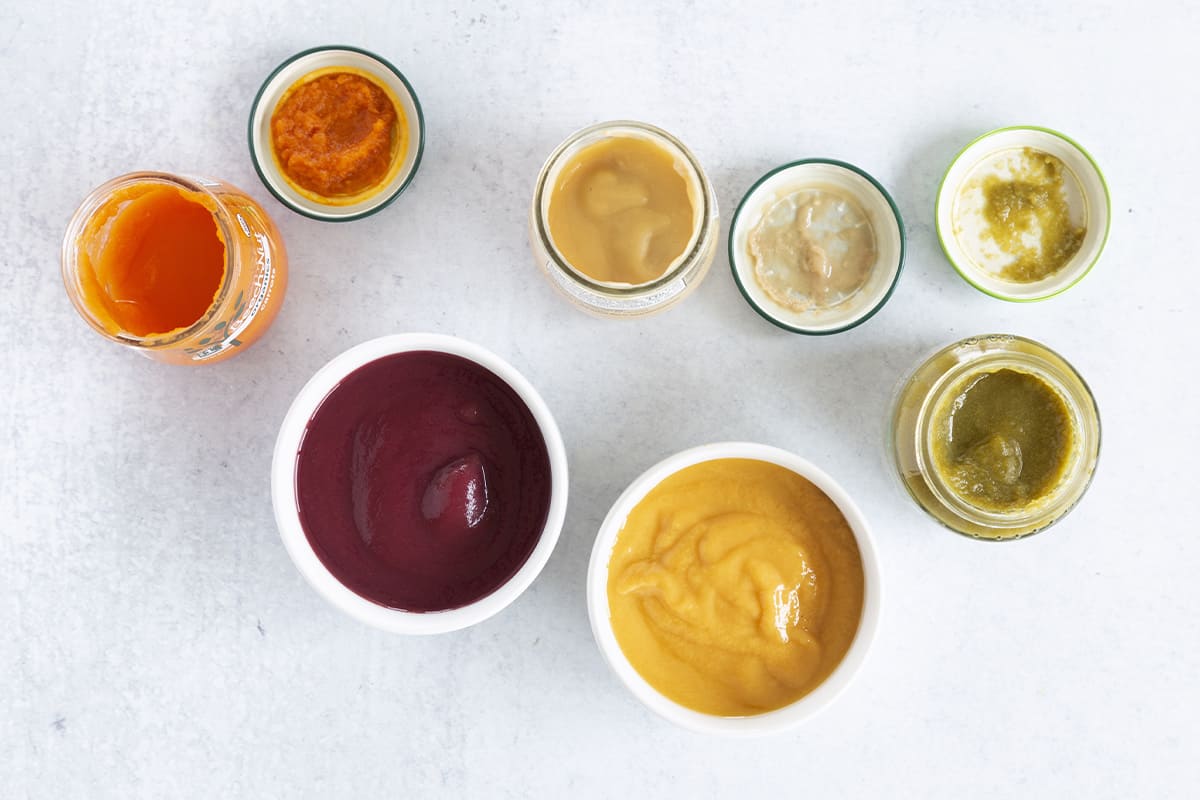
How to Save Money on Organic Baby Food
The easiest way to save money on baby food is to not feel like you have to buy 100% of your baby’s food—and instead use those purchased options as is helpful, then add in easy homemade foods that are similar to what you’re eating.
This can help feeding be both convenient and affordable.
Also: Always start with a small serving in a bowl and plan to store the rest for a future meal to prevent food waste. Offer food according to baby’s hunger, which may be more or less than you’re expecting.
Store your baby food safely in the fridge or freezer so it’s good to use again.
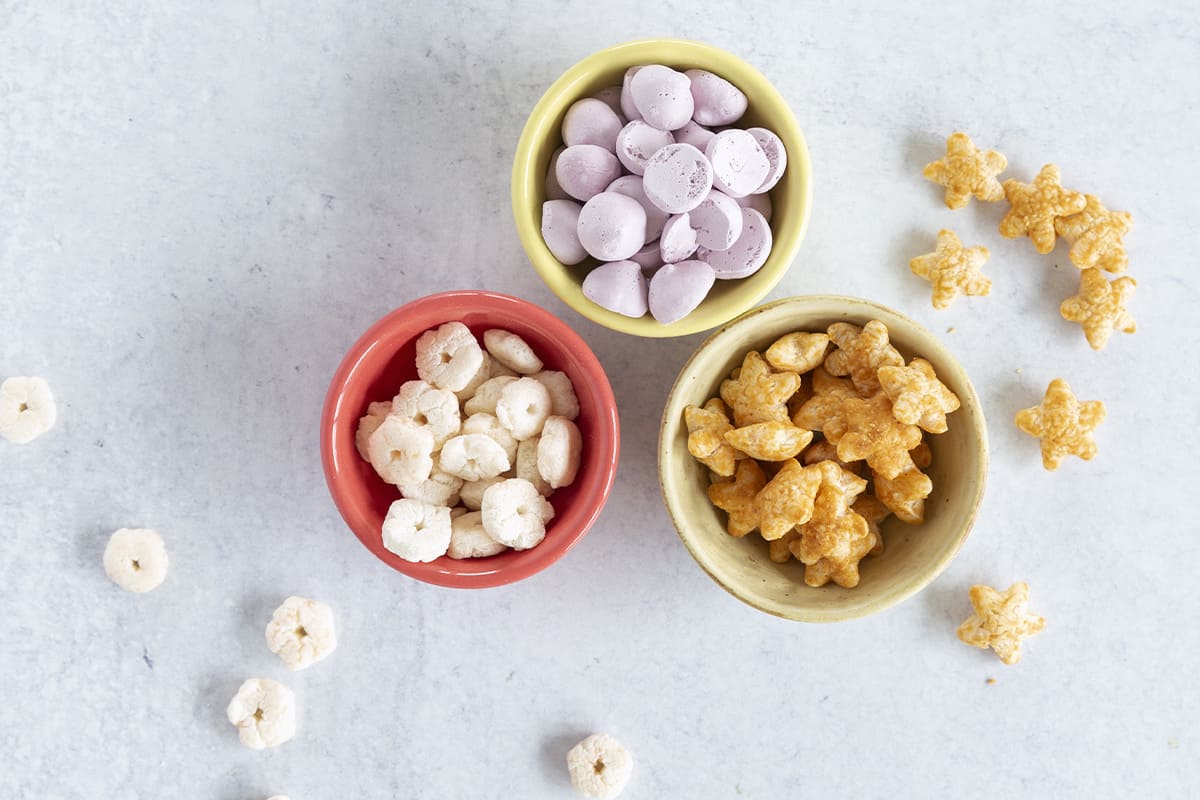
Organic Baby Food Snacks
When looking for baby snacks, which are useful to take on the go or to round out a meal, here are some of our go-to options. Consider using any of these that are made with rice as the first ingredient as an occasional snack (as rice tends to have the most concerns with potentially higher levels of arsenic).
- Amara Organic Smoothie Melts
- Serenity Kids Grain-Free Puffs
- Plum Organics Puffs
- Mission Mighty Me Peanut Puffs
- Happy Baby Teether Crackers
TIP: Find my full list of Puffs for Babies with additional information.
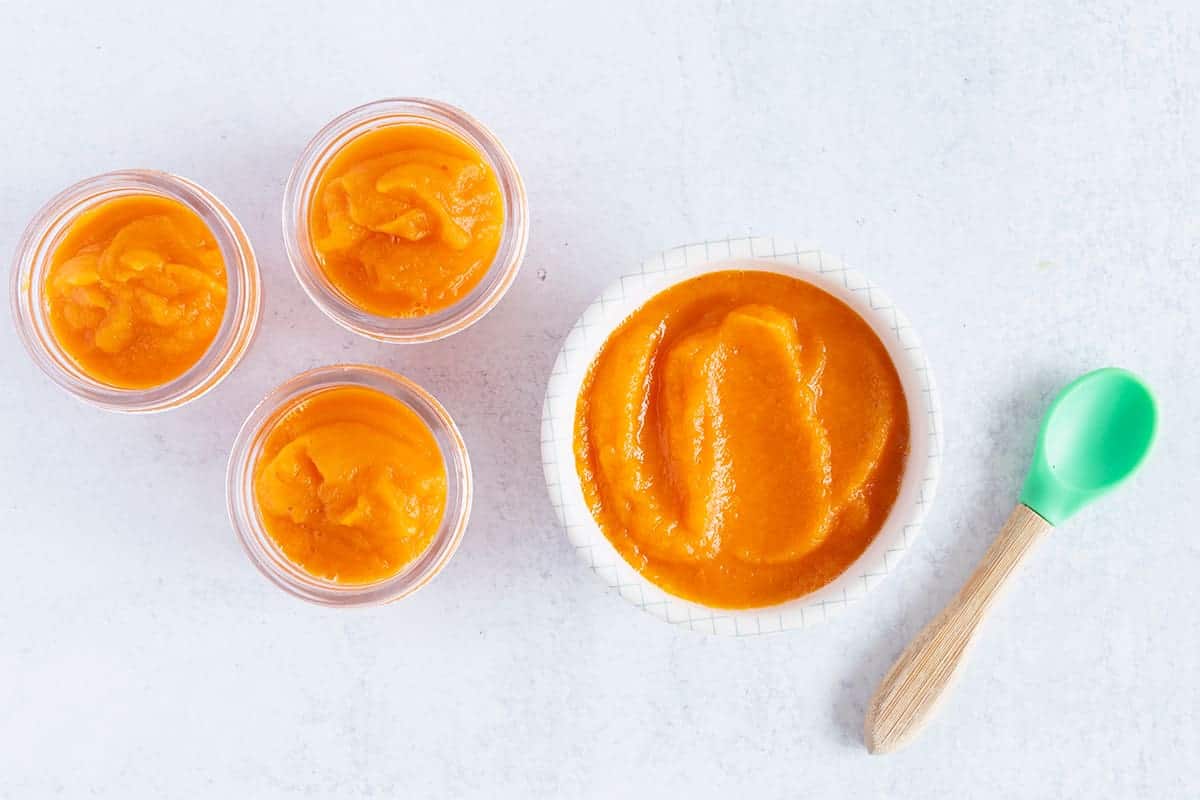
Frequently Asked Questions
Organic baby food is an option for baby as long as it’s food they tolerate well and aren’t allergic too.
There isn’t one answer since what every individual means by “healthy” can vary so much. The brands included in this post are delicious options for baby.
Brands including Yumi and Cerebelly and more are transparent about ingredient sourcing and have more rigorous testing for heavy metals. But again, “safe” may mean something different to you and it’s important to remember that all food sold in stores has to follow general food safety guidelines.
Organic Baby Food Recipes
Below you’ll find our go-to homemade baby food recipes that you can make organic if you start with organic produce. You can use fresh organic produce or frozen organic produce, according to what you have available to you.
Depending on the season, frozen produce may be less expensive. You can also check with local farmers for options in your area, too.

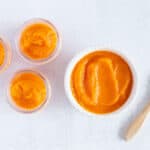
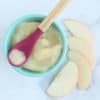
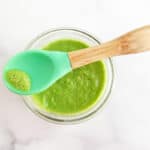
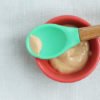
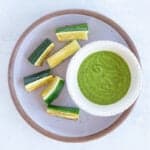


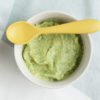
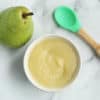
Best Tips
- To save money, use a mix of purchased and homemade baby food as you can according to your budget and time.
- A reusable pouch can be a helpful way to offer baby food purees.
- For more information on heavy metal concerns with any brand, look to their website. (It is often in the FAQ section.) The easiest way to lower concerns about heavy metals in baby food is to simply serve a mix of foods (ingredients and brands) over the course of the week.
- Offer a small amount of food to start to avoid food waste, and allow food according to baby’s hunger.
- Learn more about Starting Solids for guidance on the entire phase.
Related Recipes
I’d love to hear your feedback on this post, so please comment below to share.
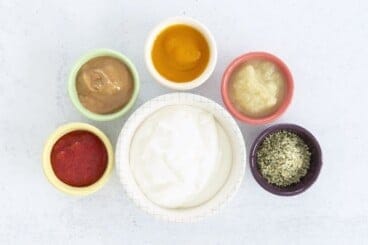
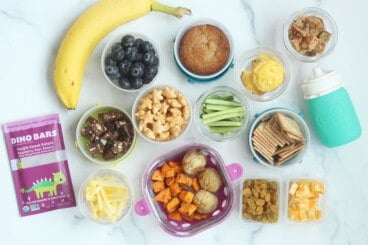
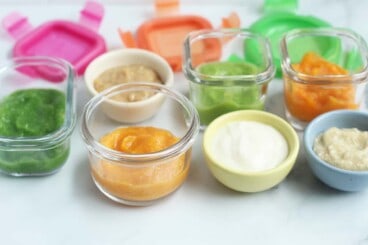
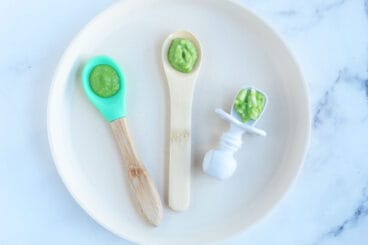
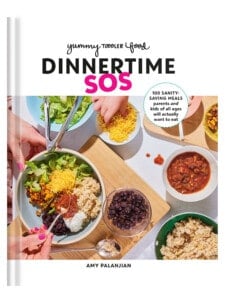
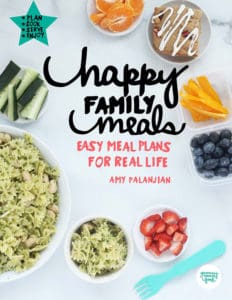
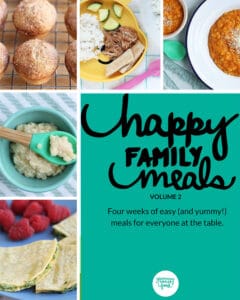
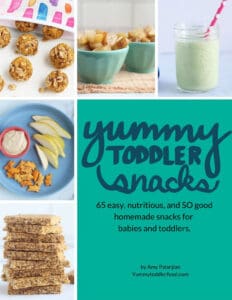











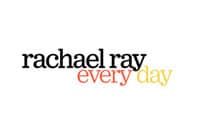


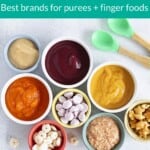
All comments are subject to our Terms of Use.